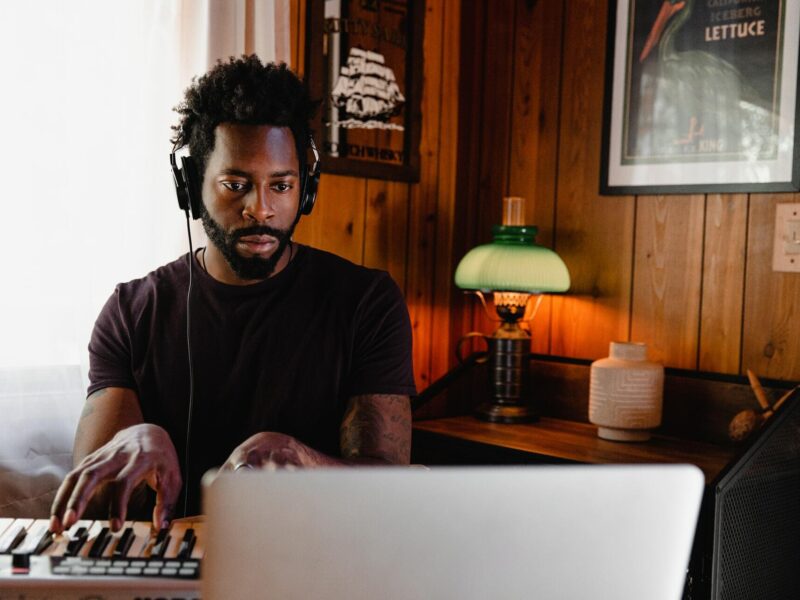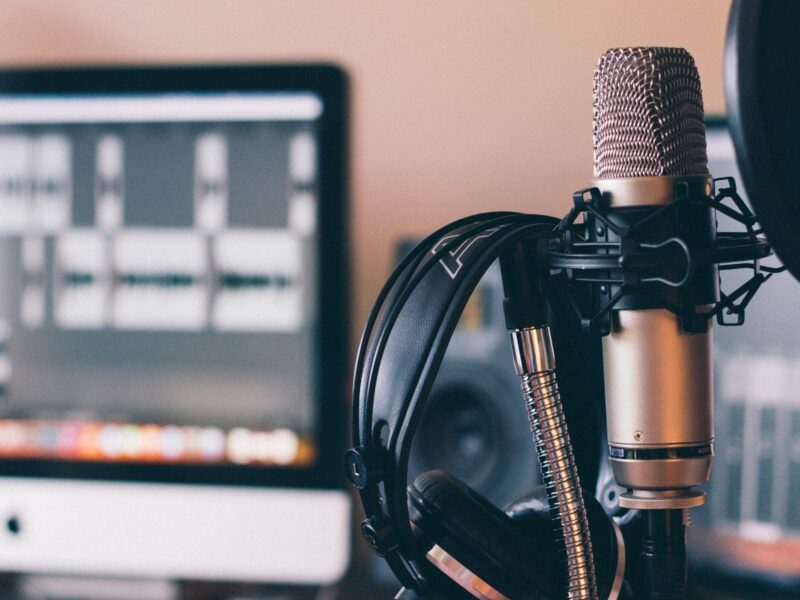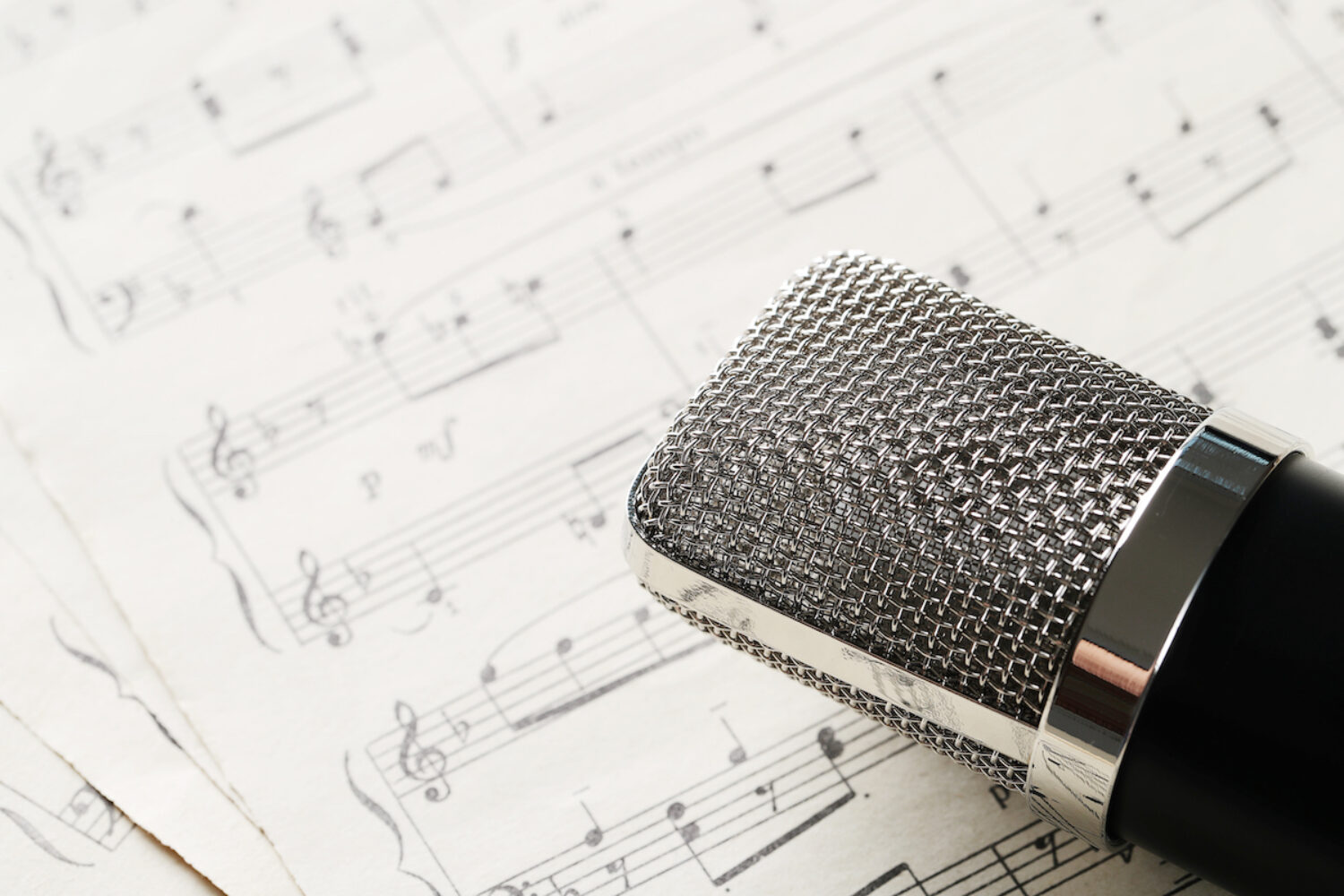
Download Your FREE 22-Day Single Release Plan
Music Publishing Explained (The Ultimate Musicians Guide)
Contents [ ]
- Music Publishing Basics
- Splits Between Band Members
- Publishing vs. Master Rights
- Types of Publishing Rights
- Performing Rights
- Mechanical Rights
- Online Royalties
- Sync (Synchronization) Rights
- Print Rights
- Other - Grand Rights For Musicals etc.
- Why Do Musicians Use Royalty Collection Societies?
- How PRS Works
- How Will PRS Work In The Future?
- Get Paid A Publishing Royalty For Live Performances
- How Do Splits Work?
- How Long Does Copyright Last?
- Music Publishers and Publishing Deals
- What Does a Music Publisher Do?
- Songwriter For Hire
- Using Leverage To Get A Deal With A Publishing Company
- Handling Your Copyrights
- Administrative Deal
- Ownership Deal
- It's Not Dangerous To Go Alone
Music publishing is an intimidating subject to pretty much all artists. There's so much to learn and at first glance, like anything in the music business, it seems anything but straightforward and easy to understand.
This ultimate music publishing explained guide aims to make things much clearer for you.
I'll explain everything you need to know about music publishing, how it works, common pitfalls to avoid, and the stuff you need to know in order to put your music to its full potential.
So many artists get confused or even exploited into not claiming all the money that they're entitled to, but remember this: getting a firm grip on music publishing will ensure you are in a position to collect all the royalties that are rightfully yours.
Music Publishing Basics
Music publishing relates to the intellectual property of music and lyrics. In the UK, the copyright for your intellectual property — your music and lyrics — exists from the moment you think it up.
In the US, the copyright exists once the ideas are put into tangible, reproducible form.
Okay, so that’s pretty simple. Great.
You’ve written a song
You might even have a rough and ready recording down
You've got it copyrighted
All sorted right? Check. Are we done here?
No, wait, not quite yet.
Splits Between Band Members
If you're in a band, it's obviously not going to be quite as simple as all that. There needs to be some discussion as to how the songwriting royalties are going to be split. Some bands, like U2 and Coldplay, split their royalties for everything evenly. So for four-piece units, they'd be getting an even 25% each.
Often an equal split between members is the easiest option for a bandleader to suggest. If everyone contributes equally to the writing it's also the fairest method.
In reality though, the actual songwriting duties are rarely shared equally and as such many bands split the royalties in such a way that the main songwriter or songwriting subsection of the band gets paid the lion's share.
Depending on the bands' politics, this could be a difficult sell for the main songwriter but could well be the fairest solution based upon work actually done.
Remember this: every band is different.
And also don't forget to be open, upfront, and honest with your bandmates. Positivity and clarity now could save a lot of anger and resentment further down the line.
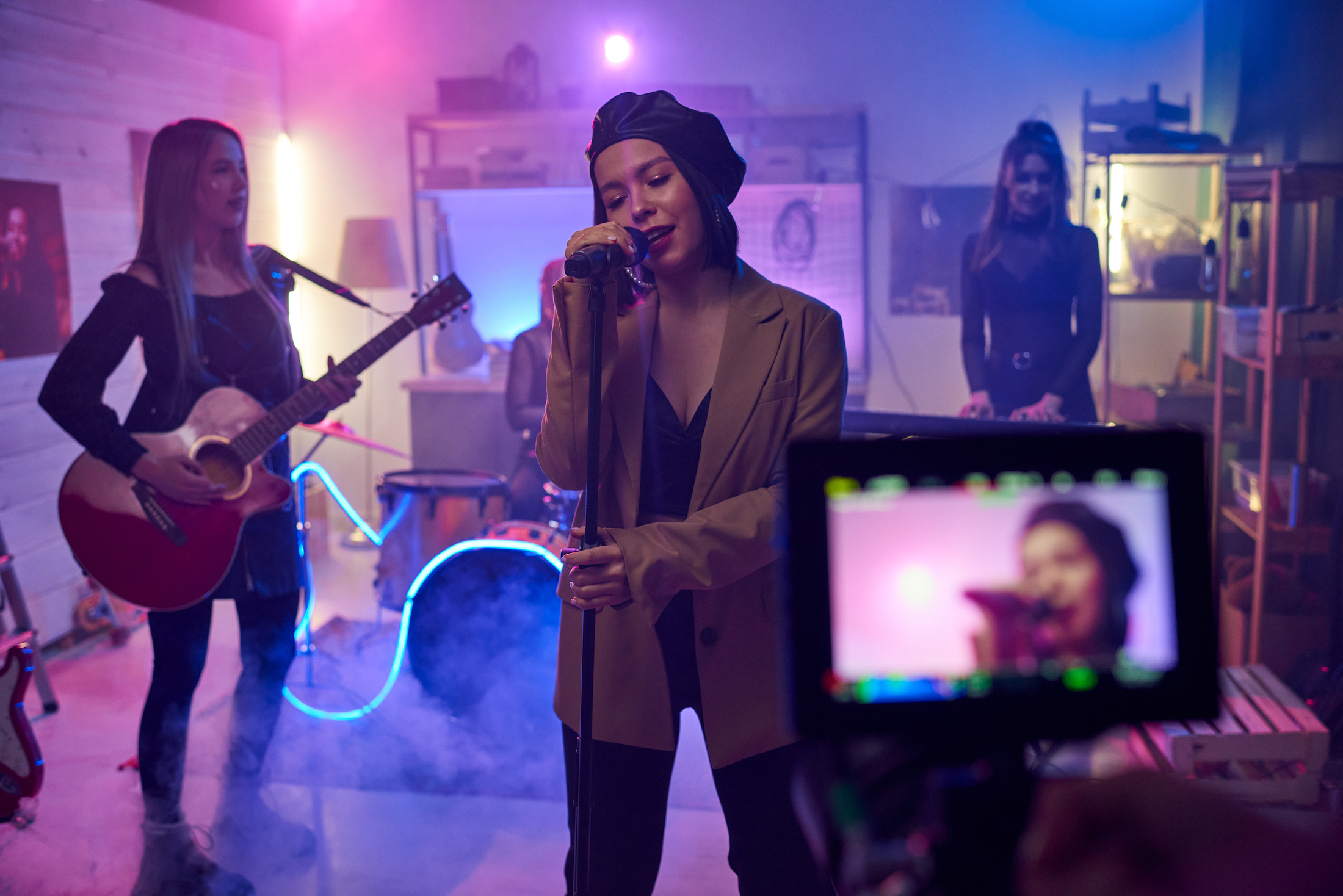
Publishing vs. Master Rights
A massive area of confusion and misinformation between musicians lies in differentiating between the publishing and the master rights.
The master rights refer to the copyrights tied to a specific sound recording of a musical work. These copyrights are owned by the record label and the recording artists performing on the recording.
Masters are linked to a completely different set of copyrights than the music publishing. Remember to distinguish between the two. This article focuses on music publishing.
Types of Publishing Rights
Music publishing refers to a group of rights - each linked to different ways in which the songwriter’s copyright is put to use. Different companies are also involved in each type of use.
Performing Rights
Whenever somebody can hear the music, for instance at a live event, or on the radio, a TV broadcast or over the internet; the music is said to have been publicly performed and performance royalties are due to the composer/lyricist and publisher.
Mechanical Rights
Where a musical work is being transferred - for instance, a CD or vinyl pressing - a mechanical royalty is incurred on a per-unit basis. In other words, the mechanical royalty is payable to the songwriter for every copy sold.
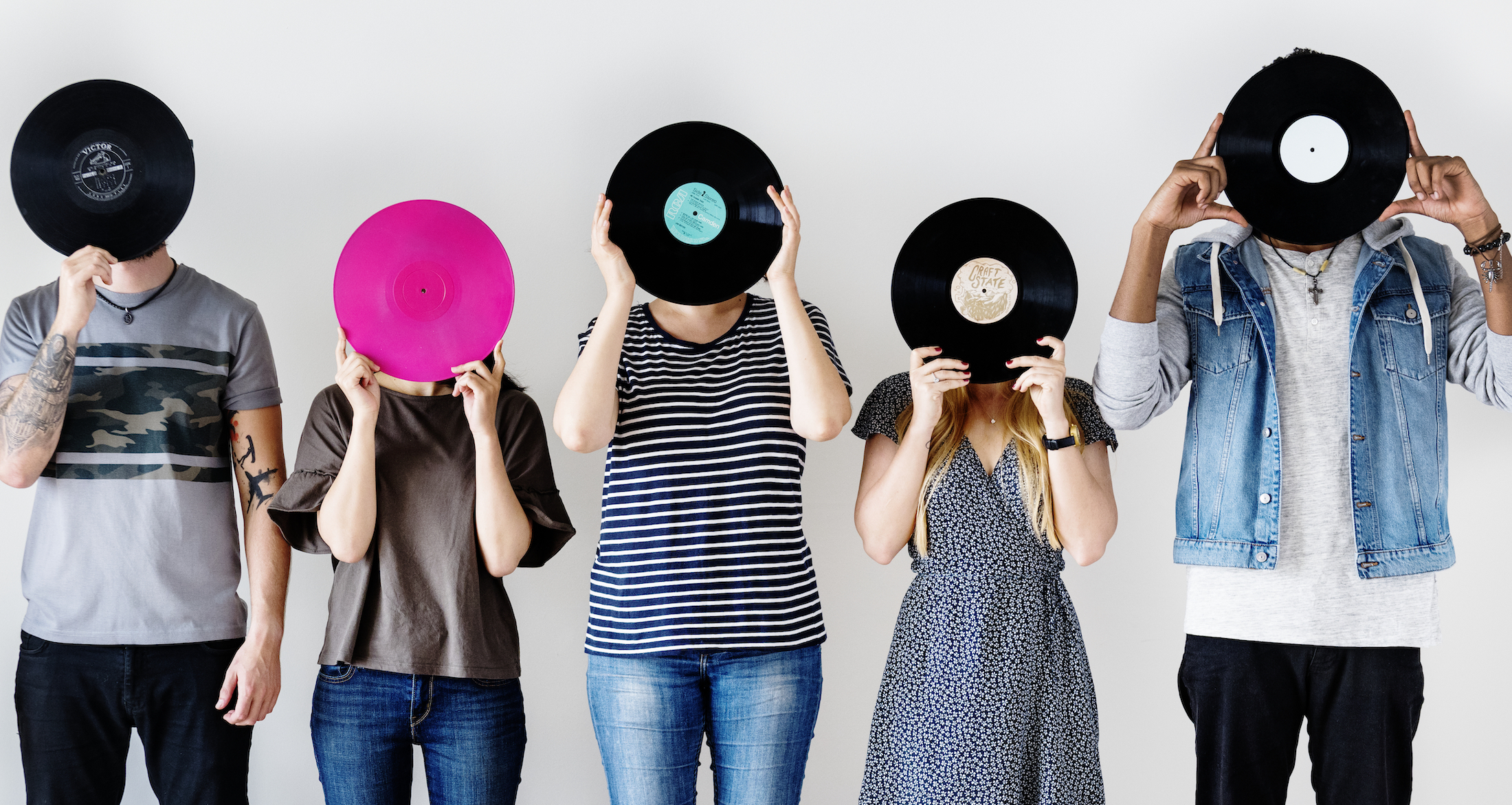
Online Royalties
The phrase 'mechanical right' originated at a time when physical media was the only way people could buy a copy of music to listen to.
Nevertheless, these rights are still relevant when there's no 'mechanical' process of vinyl or CD pressing involved.
In today’s world of downloads and streaming, mechanical royalties are incurred alongside performing royalties. The digital use of music generates both types of publishing royalty, which are split and distributed in the UK by collection societies called PRS and MCPS.
These two companies are collectively known as PRS For Music and MCPS are often seen as one company. For permanent downloads (such as downloading a song from iTunes or, 75% is distributed by MCPS as a mechanical royalty and 25% by PRS as a performing royalty. For on-demand streaming services (i.e. Spotify or Tidal) the percentage share is split 50/50.
Sync (Synchronization) Rights
Where music is used on film, TV, adverts; pressed and sold on DVD, Blu-ray disc, VHS, etc., or streamed through an online service like Netflix or Amazon Prime, the songwriter will be paid a sync fee in addition to performance and mechanical royalties.
Any time a piece of music is put to an image, a sync deal is agreed between the production company and the songwriter and publisher.
Usually, a one-off payment is negotiated.
‘Moral rights’ allow a writer to refuse a company the use of a piece of music if they have an objection to the association. For instance, a vegan songwriter might object to their music being used to advertise fried chicken, or a songwriter could object to their music being used to promote a political party that they oppose. Check out our full guide on sync licensing for more information.
Print Rights
Where a composition is transcribed into sheet music, guitar tablature, lyric books, piano vocal books — wherever the lyrics or a non-audio form of the music is made available, a print right is incurred.
This is usually dealt with the musician directly.
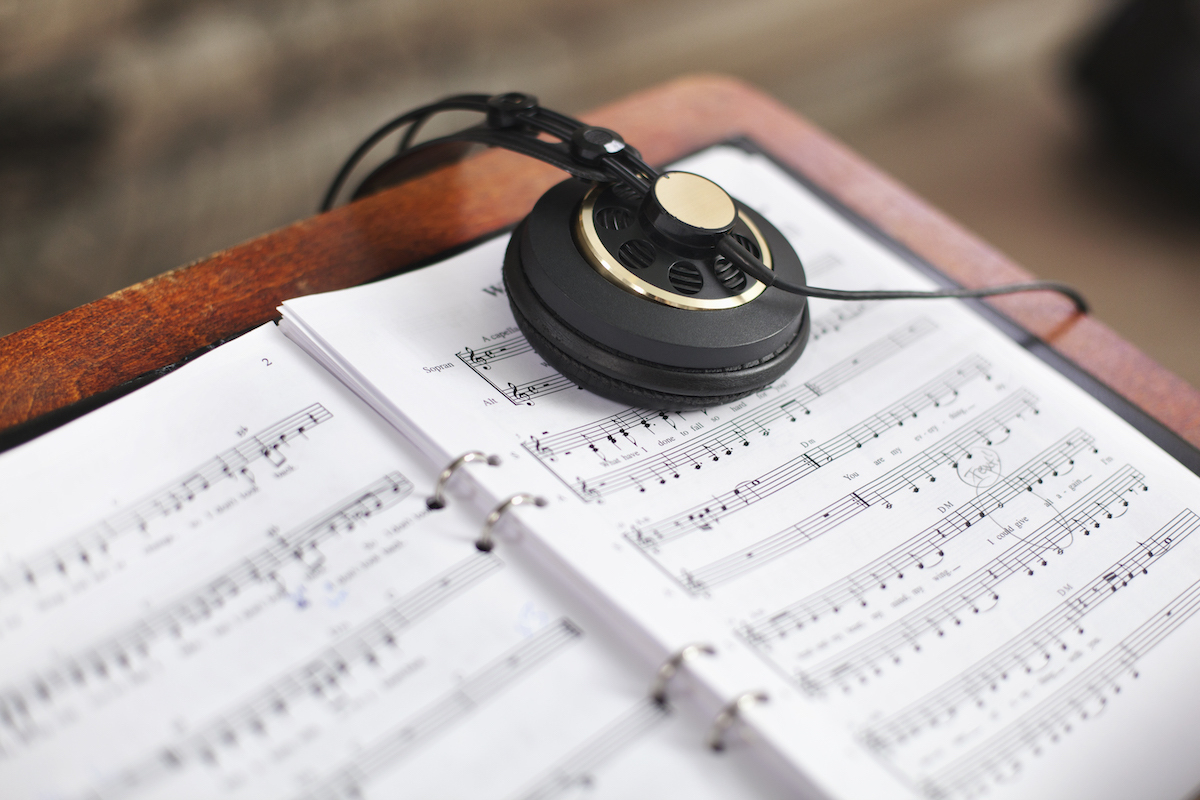
Other - Grand Rights For Musicals etc.
There are a few other rights that aren't discussed or readily applicable as much as the previous ones.
These include grand rights and small rights for musicals and other stage dramas, plus (in order of increasing niche application) karaoke backing tracks, ringtones, music quiz machines, mechanical organ music, aerobics CDs, and premium rate telephone services.
The PRS for Music website is a great place to find out more information about these other rights.
Why Do Musicians Use Royalty Collection Societies?
Think about this scenario.
What if you had to collect all the publishing royalties on your own?
To realize the importance of collection societies, let's consider the huge amount of work a songwriter would have on their hands if they were to have a breakout hit.
In order to even begin collecting the royalties owed to them, they would have to spend pretty much every waking hour of their day in constant contact with record labels, shops, bars, hairdressers, live music venues, radio stations, call centers, airlines; plus anyone else who wanted to use their music.
And similarly, few of these businesses are going to be able to obtain a license for each and every song they play. That on its own would be a full-time job.
Independent artists simply cannot collect all the royalties earned from composing copyrights by themselves.
Collecting every royalty owed for your hit tune would require you to deal with thousands of companies every day, and likewise, the companies themselves would have to deal with huge numbers of artists as well. Obviously, this isn't possible, and so this is where collection societies come in.
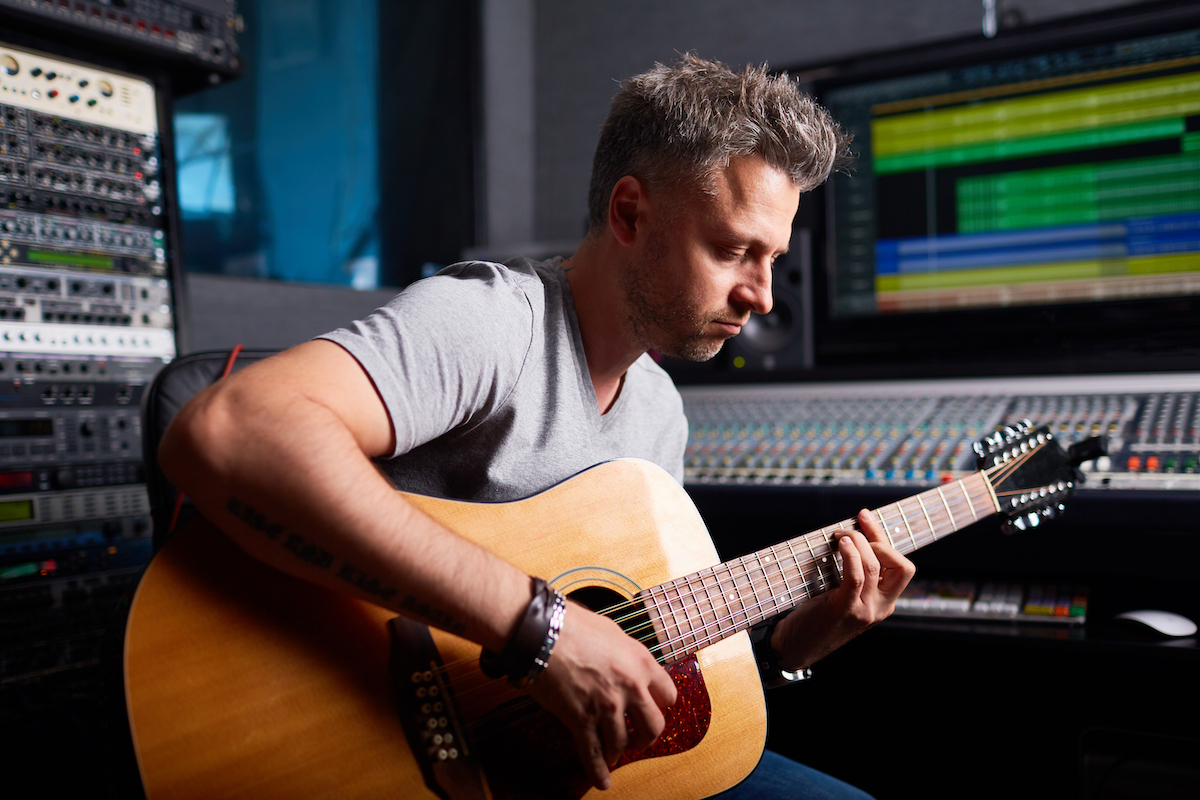
How PRS Works
PRS for Music in the UK is a large not-for-profit collection society with hundreds of employees and several offices.
PRS for Music is comprised of two formerly separate companies: PRS (the Performing Right Society) and MCPS (the Mechanical-Copyright Protection Society) which joined together as the MCPS-PRS Alliance in 1997 and have since become known collectively as PRS for Music. They deal with thousands of companies around the UK on behalf of rights owners and collect both performance rights (under the banner of PRS) and mechanical rights (under the banner of MCPS).
Now as we've already established, it's practically impossible to issue licenses for every instance of music usage in the UK. Instead, PRS for Music issues a 'blanket license' to companies where the company will pay a set annual fee in order to use any song. This means that a company doesn't need to buy licenses for every single song played on its premises; instead, they obtain one license that covers them for every song.
PRS for Music however, are not an all-hearing, all-knowing omniscient entity. They can't know exactly what songs are being played everywhere at all times.
Just imagine the logistics of that kind of operation. Most businesses don't track every song played; though there are exceptions, such as the BBC, which records details of all the songs played across its radio stations.
It would be expensive then for PRS to go around tracking the music used in every bar, barbers, or butchers' shop - they'd probably need more employees to go around listening and tallying up song plays than there are songwriters in the world.
So instead of monitoring music usage exactly, they rely on sampling; they send out music researchers who collect details on music performance from a statistical sample of UK venues. This is then matched against similar broadcast data (i.e. from radio play) that share broadly the same songs.
Sampling isn't 100% accurate of course, but to increase the accuracy at the moment by any significant degree would cost more than what the music publishing sector brings in anyway, which would result in songwriters earning nothing.
How Will PRS Work In The Future?
If you were thinking 'Shazam' at any point while reading the last couple of paragraphs, then you're on the right lines.
Since 2018, PRS for Music have been testing a new method of collecting data on recorded music plays based on Music Recognition Technology (MRT).
They use DJ Monitor software, which, like Shazam, matches sound 'fingerprints' to those in a massive library in order to work out what music is being played.
Currently, they're piloting the scheme at a limited number of venues to monitor DJ sets. The ultimate aim is to make the distribution of royalties more accurate and representative, but it might be a while before MRT is rolled out for use on a larger scale and it may never fully replace the current system.
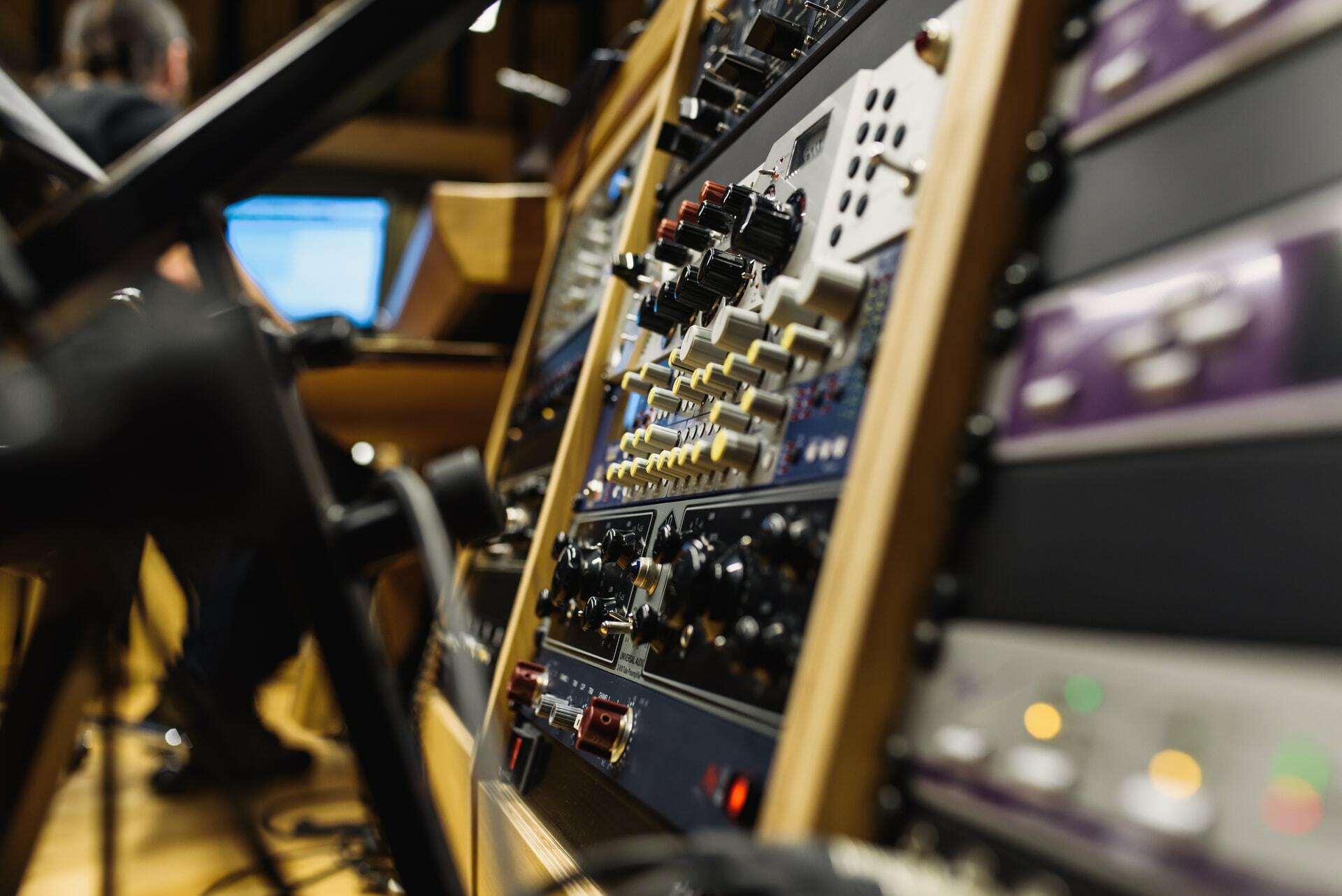
Get Paid A Publishing Royalty For Live Performances
This is a massive source of untapped income for regularly gigging musicians in the UK.
Too many musicians don't realize this and miss out big time. In the UK, almost any live performance is owed a publishing royalty.
As long as the venue is licensed with PRS for Music (and pretty much all the legit ones are) and you play your own original music there, then you could and should be claiming the royalty for those performances.
All you need to do is register your works and inform PRS of the details of the gig.
You do this through an online form with which you submit a setlist of your original music, the name, and postcode of the licensed venue, and the date/s of when you played there.
For smaller venues, you'll be paid a set amount that is divided between all PRS writers whose work is performed at that event. This could mean anywhere between £2 and £10 a night. It might not sound like a lot on its own, but if you're out gigging your own music on a regular basis then that extra source of income will soon add up.
This could be an especially important bit of revenue for someone who relies on performing their own music as a main source of income.
For larger venues, you'll get a proportion of the box office taking. At the time of writing, this is set at 4% of the box office divided up between each work performed at the event. If you happen to land a major support slot at a massive venue then this could turn out to be a major windfall.
If you're a busy performing musician and playing a good number of shows a week it's definitely a smart idea to register your setlist with PRS as soon as possible and start collecting the royalties that are rightfully yours. Even if you're not gigging too often you should still make the effort to grab that pot of money that's there waiting for you.
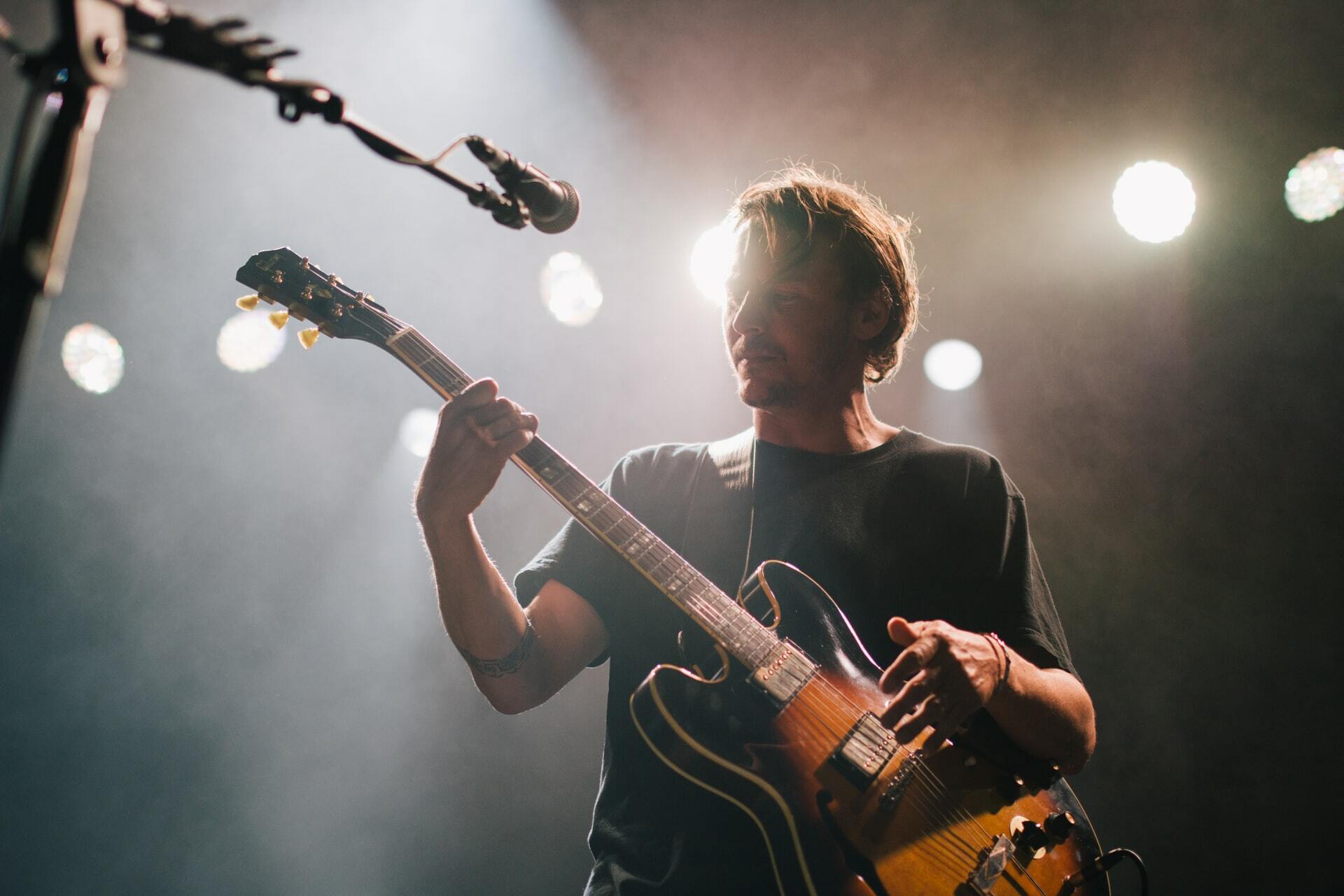
How Do Splits Work?
In music publishing, a work is made up of 200%, or rather, two sets of 100%.
One set is the full work split for the performing right and the other is the full work split for the mechanical right. Usually, these are weighted the same and then all that remains is splitting the work between writers.
According to industry norms, the collective publishing rights for a musical work are split 50/50 between melody (that is, the top-line melody; usually the lead vocal) and lyrics.
How Long Does Copyright Last?
In the UK the length of copyright is 70 years after the death of the last contributor.
This means that when there are multiple writers on a musical work, it becomes public domain 70 years after the last writer passes away.
Copyright length used to be split between the top-line melody and the lyrics - if these elements were split between writers, the two parts would go out of copyright at different times: the lyrics would go out of copyright 70 years after the author died, and the melody 70 years after the composer died.
Now, however, this has changed, and the two elements go out of copyright together; one element being pulled back until the other is due to go out of copyright.
A work that is said to be public domain is one that is out-of-copyright. These works are free for an artist to use however they wish.
One thing to remember, particularly for folk musicians, is that if you create an 'arrangement' of a public domain or traditional work, you are entitled to be paid a publishing royalty as if you were the sole writer of the work.
You can get 100% of the publishing royalties for simply being the arranger - effectively being credited as if you were the composer of the original piece of music. Gigging musicians are often unaware of this untapped source of income but be sure to claim it if you're entitled to it.
Music Publishers and Publishing Deals
What Does a Music Publisher Do?
A music publishing company looks for artists who have already established themselves with a successful sales record and a degree of recognition within the industry.
Publishers represent your publishing rights but bear in mind that you can do most of the work of a music publisher yourself, at least until the point at which you're getting swamped with licensing requests, sync deals, print negotiations.
Music publishers become virtually essential when you get to the point of breaking into international markets.
It is not advisable to try and go it alone when it comes to dealing with the ins and outs of other countries' music publishing structures and differences in rules and regulations in various international territories.
Songwriter For Hire
A rarer kind of publishing deal is one where the company will take you on to write songs for other artists. The publisher pitches your songs to recording artists to see if they'll use your material, or whether they fancy co-writing with you based on what they hear.
You could also be hired to write to a brief.
This could be a one-off deal with a single piece of music, or it could be a long-term ongoing writing assignment.
For these kinds of deal the publishers are bringing you in to match a particular theme or mood, often to sync with ads or TV series. Music supervisors attached to productions such as adverts, TV programmes, films, and video games get in contact with publishing companies to request music that fits their specific requirements.
Be sure to know what you're agreeing to with this sort of publishing deal: in many situations, the production company assumes complete control of the work and ends up collecting all of the royalties, in other cases you might end waiving your sync placements fee but still be entitled to receive royalties from broadcasts, streams and disc sales.
Remember this though, if you don't have an established industry reputation, it will be nigh on impossible to sign any kind of publishing deal in the first place, let alone a good deal. You should have a reasonable amount of leverage before you even begin to seek out a publishing deal.
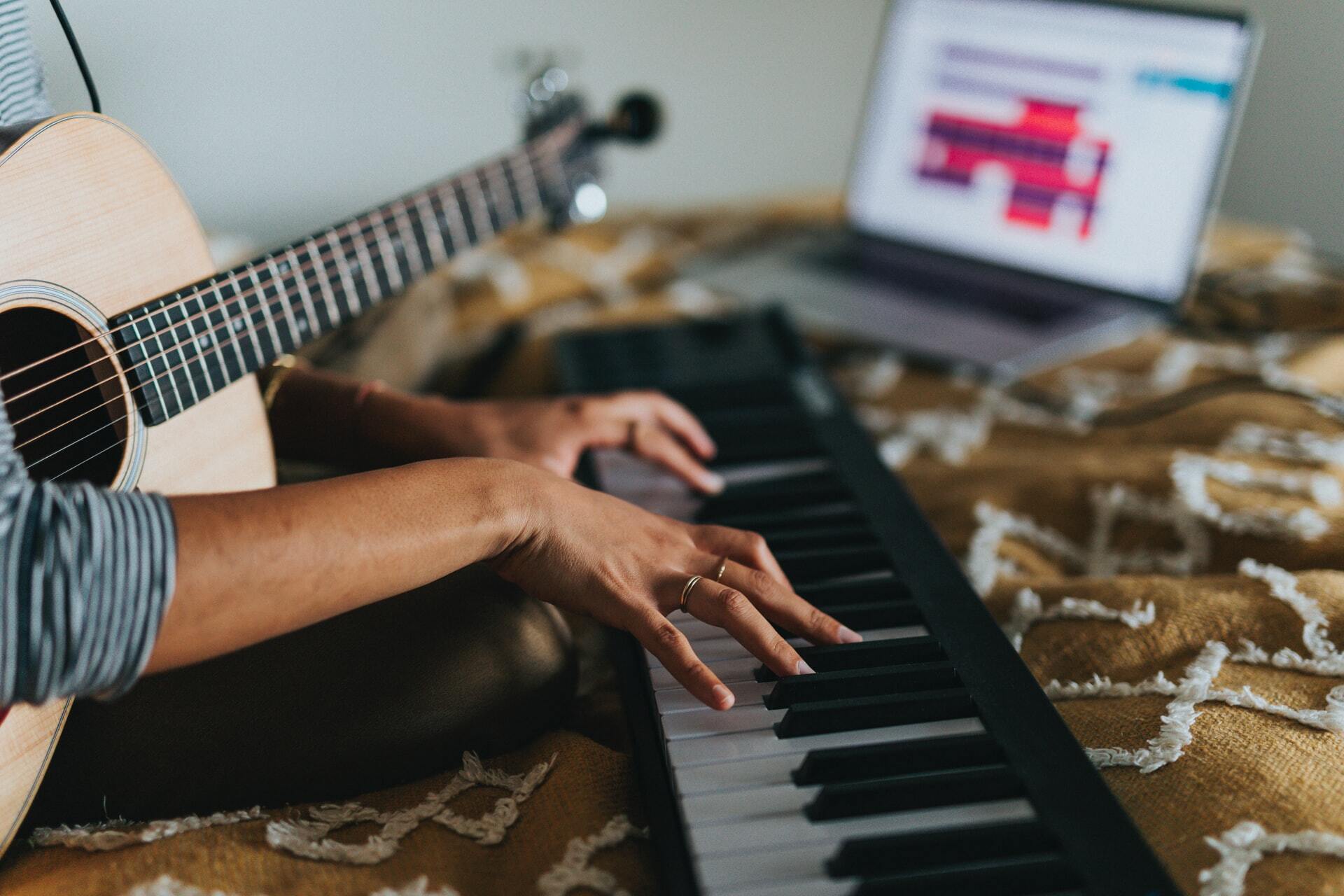
Using Leverage To Get A Deal With A Publishing Company
Music publishers' rates depend on how much work the publisher will be doing on your behalf, the risk involved, and how much leverage you hold.
Leverage means you need to have some great songs in your back catalogue, or at the least a number of co-writes with some big names.
Publishers generally don't take note of unsolicited requests from unproven writers. What they will be looking for today especially is your social media presence.
Leverage now can come in the form of genuine interaction from a strong fanbase: if you can demonstrate this you've got more of a chance of scoring a deal.
Remember: a publishing company - like any company in the music industry - is a business, and their primary aim is to make money; they'll want to be fairly confident that by cutting a deal with you, you can help them earn money through your compositions.
Once you've got yourself a music publishing deal, what can it do for you?
Well, publishers are especially good at securing favorable sync deals. They generally have a well-established relationship with agencies and production companies and so they'll be able to hold their ground and push for industry-standard fees for the songwriters on their books.
Without a publisher, it's far too easy for an agency to exploit a songwriter's music for a marginal fee.
Handling Your Copyrights
When signing a publishing deal, there are two main ways in which the copyrights of your material are handled:
Administrative Deal
In an administrative deal, you retain the rights to your music, but the publisher holds the exclusive to collect royalties (and take a cut) for a set length of time.
You retain all of the legal rights to your work so you'll continue to have control over the way it is used. However, because the publisher merely deals with administration and doesn't own any of your work, they won't (and often can't) get involved in offering you legal assistance if any problems come up.
Ownership Deal
In an ownership deal, the publisher takes a percentage of your work.
This means it is in the publisher's interest to protect the work if any legal issues do occur, but at the same time you won't be the sole composition copyright owner and as such you'll be forking over a degree of control over your music, meaning the publisher could potentially allow your work to be used in ways you disagree with.
It's Not Dangerous To Go Alone
If you can't get a publishing agreement right now though, don't fret, because publishers generally become more relevant to artists later in their careers when there is a back catalog of material to collect royalties on.
If you can't secure a publisher, then you can at least find solace in that you won't be paying them a percentage, which is usually 25% to the publisher (but can be far idea if your leverage or dealmaking is weak).
You might find certain things harder on your own, but if you strike out without a publisher you'll at least have 100% of the publishing.
Also, don't fall into the trap of expecting a publisher to actively promote you in the same way as a record label would: they promote in small ways but their primary aim is to manage music, collect royalties and help with licensing and placing; not to make you a star.
They'll have strong industry links but they're not there to make you famous.

